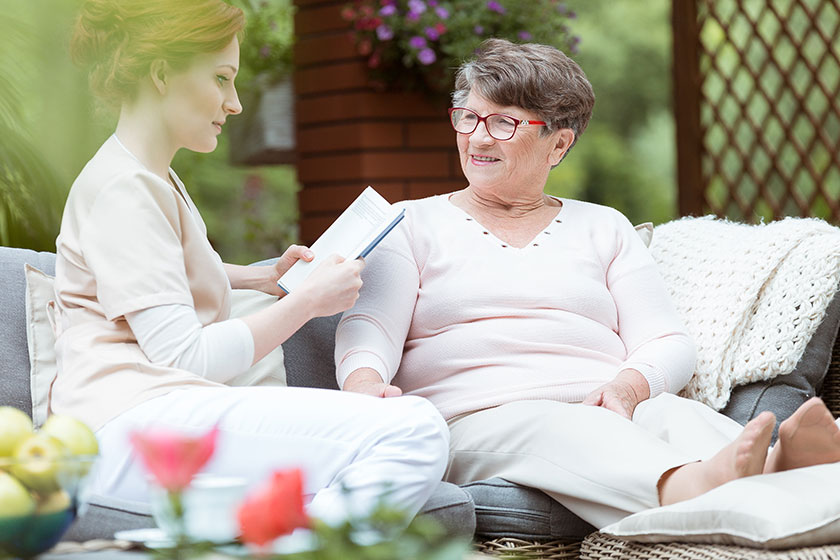Trained individuals, known as personal care assistants, help people with disabilities, chronic illnesses, or cognitive impairments with their daily activities. This support maintains the individual’s health and safety while also boosting their independence and social engagement.
Daily Tasks and Responsibilities
A PCA’s day is typically filled with a variety of tasks tailored to the specific needs of their clients. These may include personal hygiene tasks such as bathing, dressing, and grooming, which are essential for maintaining good health and a sense of dignity. PCAs also assist with mobility, helping clients move around their homes or communities safely.
Health Monitoring and Support
Beyond physical assistance, PCAs play a crucial role in monitoring the health conditions of their clients. They may be responsible for organizing and administering medications, tracking vital signs like blood pressure and heart rate, and noting any significant health changes that require professional attention.
A Day in the Life of a Personal Care Assistant
To better understand the impact of their work, let’s look at a typical day for a personal care assistant:
- Morning: The day might start with helping the client out of bed, assisting with morning hygiene, and preparing a nutritious breakfast. This ensures the client starts the day well-fed, clean, and ready.
- Afternoon: Activities vary from accompanying the client to medical appointments to engaging in social activities to keep the client active and connected to their community. Ensuring the client receives proper nutrition throughout the day is also a staple task.
- Evening: As the day winds down, a PCA helps prepare dinner, assists with evening hygiene routines, and helps their client to bed. They ensure that everything is ready for a comfortable and safe night.
Training and Qualifications
Becoming a personal care assistant requires specific training and qualifications that ensure they can provide appropriate and safe care. This training typically covers first aid, basic healthcare practices, understanding of privacy laws, and effective communication skills. Many regions also require PCAs to pass a certification exam.
Challenges and Rewards
The job of a PCA can be physically and emotionally demanding. They often deal with challenging behaviors, heavy physical work, and the emotional strain of caring for someone with significant needs. However, the role is also incredibly rewarding. Many PCAs find great satisfaction in making a tangible difference in someone’s quality of life and building close, trusting relationships with their clients.
The Indispensable Role of Personal Care Assistants
Personal care assistants are essential to the health and well-being of their clients, providing not just physical support but also companionship and emotional care. Their dedication and hard work enable many individuals to live more comfortably and independently than they otherwise could. Whether assisting with daily life activities, providing health monitoring, or offering a friendly conversation, PCAs truly enhance the lives of those they serve.
In understanding the full scope of what personal care assistants do, we recognize the profound impact they have on individuals and communities, highlighting the essential nature of their role in healthcare and personal support systems.







